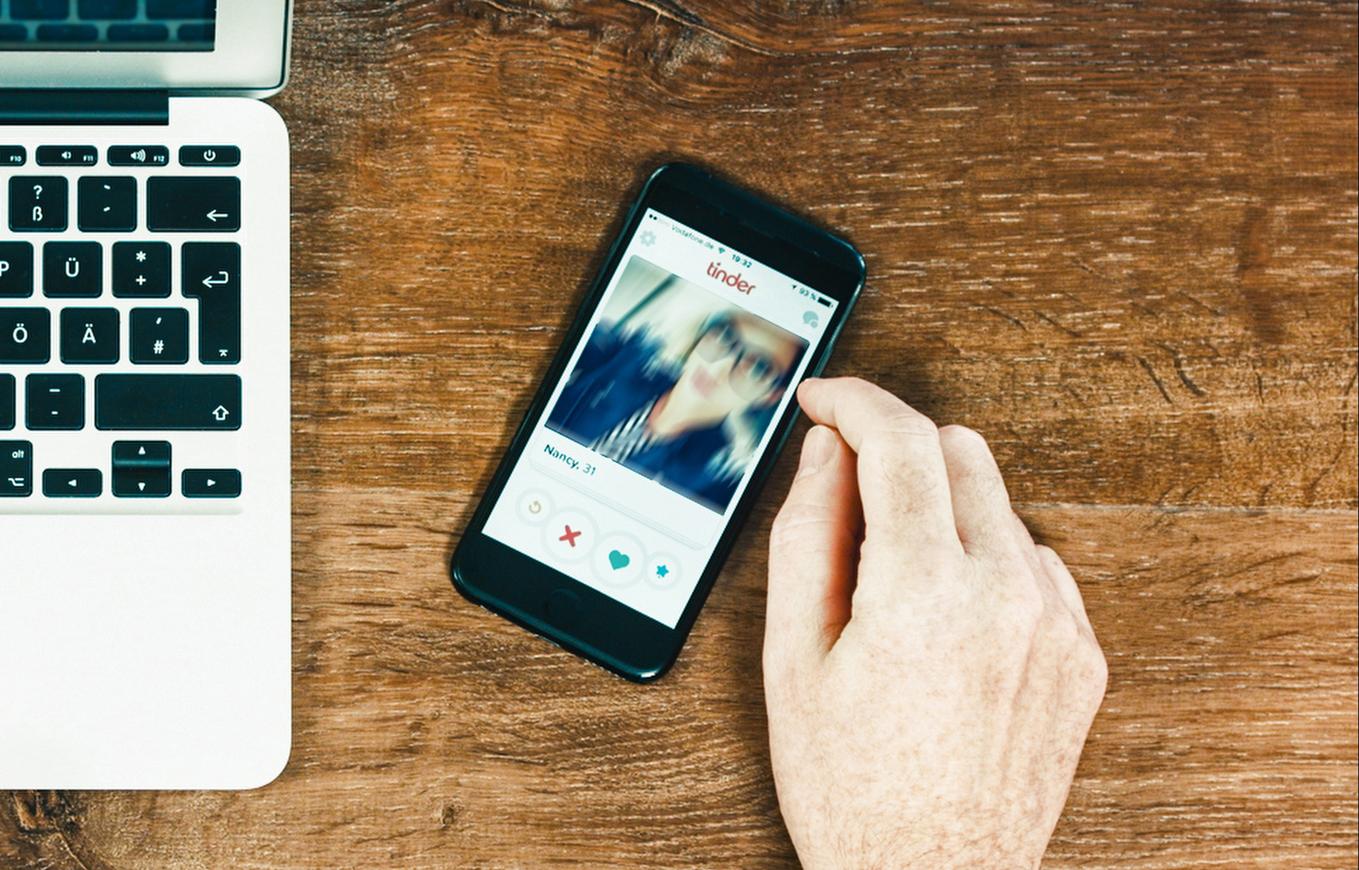This is how it feels to watch Channel 4's documentary 'Is Love Racist?' as a person of colour
While, in the future, I may direct those who tell me ‘I’m just not into Asian girls’ towards this documentary, I may well just stick with my current response: ‘Well I’m just not into racists – so this has worked out perfectly’. Because I’m not really in the business of trying to woo closeted white supremacists


As a person of colour who is very interested in race, sex and whether or not people fancy me, I was incredibly intrigued by the premise of Channel Four’s show Is Love Racist? The Dating Game, which aired last night. The programme broadcast a social experiment intended to highlight how race might be affecting the ways in which the British populace select prospective partners.
When watching the show, I was surprised, as I often am in real life, by the confidence, assurance and total lack of shame with which people profess their racial “type”. I’ve found that even those who consider themselves to be liberal-minded and absolutely-not-racist can be highly defensive about their right to express feelings like “I only fancy white girls” or “I’m not into black guys”. It’s not racist, they insist, it’s just their preference and nothing can be done about it.
This was the tone employed by the sample of British singletons who formed the focus of Is Love Racist? One man, Jordan, who had been happy to proclaim his preference for “white girls”, also said he’d never slept with a woman larger than a size 12.
However, I was interested to note that this size-based prejudice prompted a perfunctory, but still significant, self-chastisement on his part. He was aware that this preference for a slim build was ”quite bad” but was apparently unaware that saying he wasn’t really “into” mixed race girls might also be problematic.

Is Love Racist? suggested that this culture was created, in part, by dating apps, which allowed users to determine the ethnic origins of their potential matches. This has undoubtedly resulted in the encouragement of racial bias in dating, and a created a generation who are less likely to meet people who might dispel their previously held stereotypes.
The experiment concluded by informing its participants, who had not been aware of its real purpose, that the process had been done in order to determine the influence of racial bias on their dating behaviour. This prompted a heartening, if slightly unbelievably abrupt, change in attitude, with people voicing their wish to reform and improve their previously prejudicial approaches to dating.
But I did feel one nagging frustration at the end of what was, generally speaking, an enlightening programme. Jordan, one of the most vocal in his sexual distaste for women of colour, was apparently vindicated because in one particular experiment (during which the participants were fitted with eye-cameras) he didn’t express what the show described as an “unconscious preference towards race”. Put simply, he was checking out some non-white women, despite adamantly maintaining that he preferred white girls.
Now, I wasn’t jumping for joy at this conclusion, nor, I suspect, were other women of colour. Great, a white man might stare at my tits while explaining why he’d never date me! Open the champagne!
The show didn’t seem to grasp that it isn’t entirely surprising that a man who would only consider dating a white woman might still be sexually attracted to a woman of colour. While Is Love Racist? covered many important issues, it failed to distinguish between sex and dating, and this distinction is essential in discussions about racial bias in matters of the heart and loins.
Often, a predilection to date white people is based not on a fundamental sexual preference; rather, it is linked to the perceived social significance of such an alliance. A reluctance to date people of colour, from both white and non-white people, can be a result of the warped and upsetting belief that this might somehow affect their social capital: that they might be dating non-aspirationally.
Even though I felt that this nuance was missed out, however, I enjoyed Is Love Racist? and thought it was, in many ways, helpful and progressive. But I also think that many people of colour are a little tired of explaining and excusing racial bias. While, in the future, I may direct those who tell me “I’m just not into Asian girls” towards this documentary, I may well just stick with my current response: “Well I’m just not into racists – so this has worked out perfectly.” Because I’m not really in the business of trying to woo closeted white supremacists. I feel my time might be better spent enjoyably shagging people for whom my race isn’t an issue.
Join our commenting forum
Join thought-provoking conversations, follow other Independent readers and see their replies
Comments
Bookmark popover
Removed from bookmarks